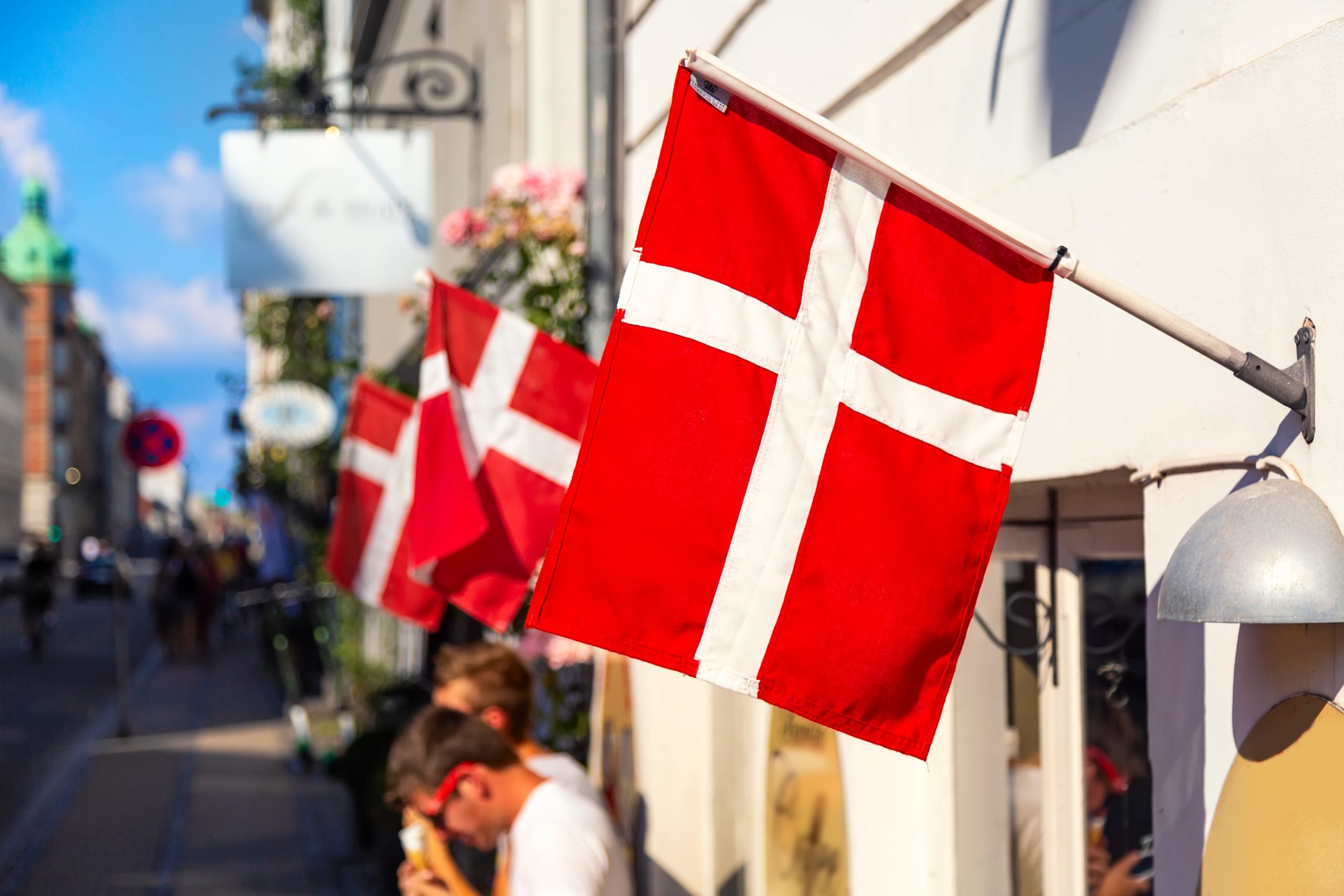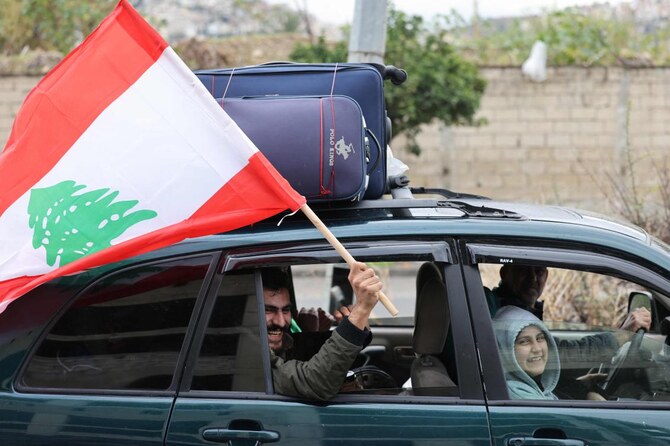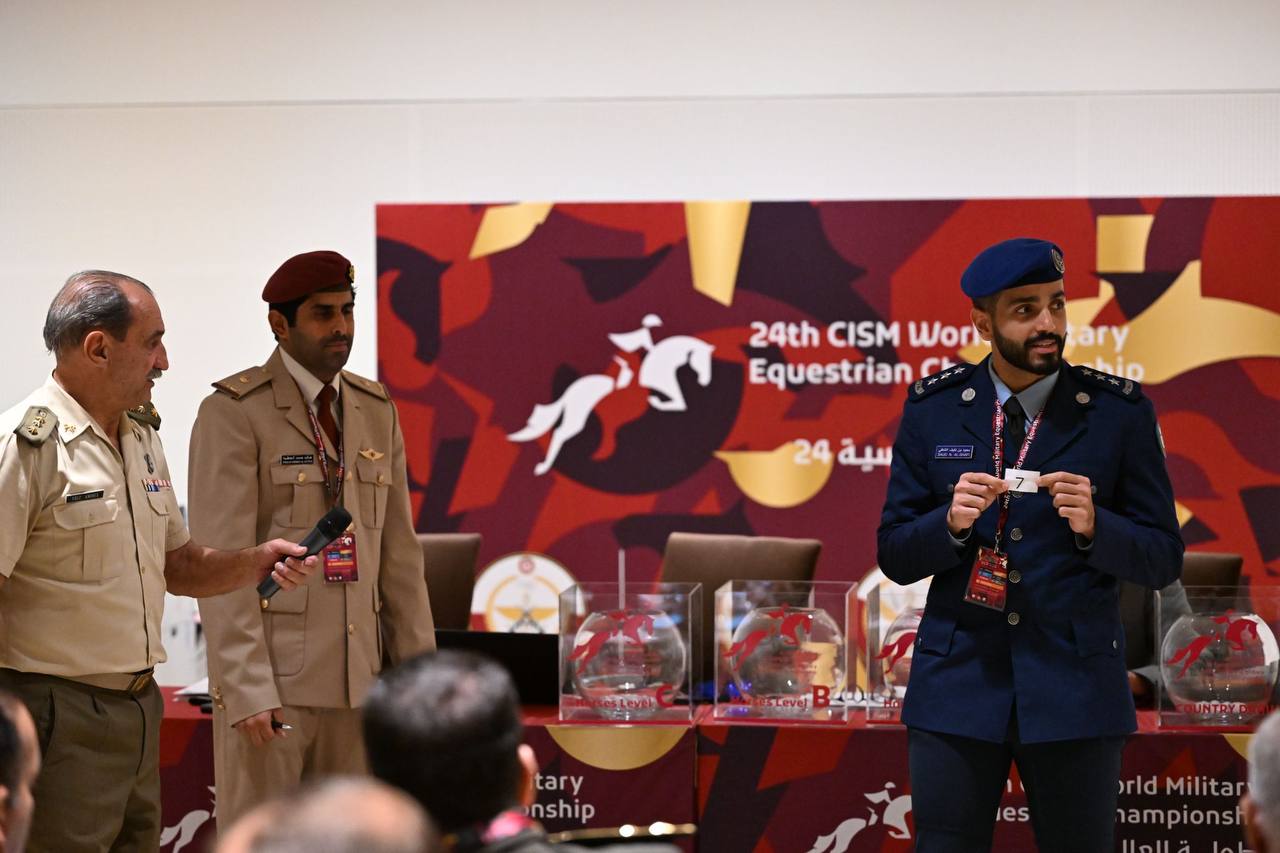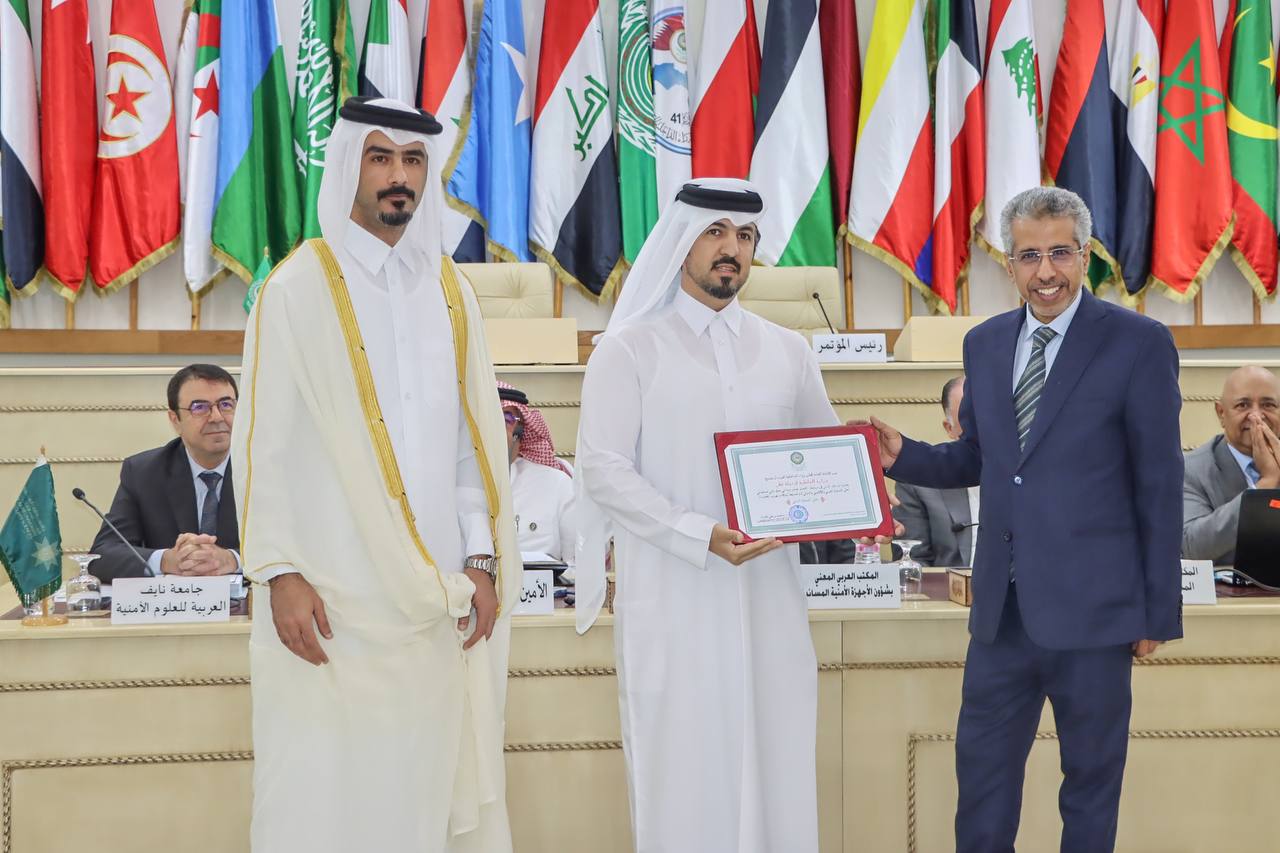Since the start of the year, far-right leaders in Europe – Denmark, the Netherlands and Sweden – have launched provocative Quran burning stunts.
The Organization of Islamic Cooperation (OIC) renewed calls on Denmark to take measures to halt repeated Quran burnings on Sunday as Danish authorities vowed to explore “legal” measures against such stunts.
The latest statement by the OIC came during a phone call between its Secretary-General Hissein Brahim Taha and Danish Foreign Minister Lars Lokke Rasmussen on the latest Quran burning incidents in Copenhagen.
Taha expressed to Rasmussen the “dissatisfaction” of the OIC’s member states with the recurrence of such incidents under the pretext of freedom of expression, the Qatar news agency (QNA) reported, citing the bloc.
The Danish official noted that his country “condemned and denounced” such disrespect of the Holy Quran, adding that it is “studying this issue with great interest”.
Rasmussen also stressed in the phone call that Denmark is “keen to maintain relations of friendship and cooperation” with the OIC’s members.
Denmark vows to take action
The Danish government announced on the same day that it is proposing new measures against cultural and religious-based attacks in the upcoming OIC meeting, scheduled to take place on Monday.
“The Danish government will therefore explore the possibility of intervening in special situations where, for instance, other countries, cultures, and religions are being insulted, and where this could have significant negative consequences for Denmark, not least with regard to security,” the Danish foreign ministry said in a statement.
Denmark’s latest statement said Quran burning incidents on its lands “have reached a level” where the European country is seen as a facilitator “of insult and denigration” of cultures and religions.
The Danish government said the moves could lead to “consequences that fundamentally harm Denmark and the interests of like-minded nations” in addition to “major security implications” in the country.
“The Danish government has clearly distanced itself from and condemned the burnings of the holy Quran. The burnings are deeply offensive and reckless acts committed by few individuals. These few individuals do not represent the values the Danish society is built on,” the statement stressed.
Denmark also said the actions “play into the hands of extremists” and spread divisions at critical times.
Rise in Islamophobia
The latest developments come following an alarming recurrence of Islamophobic incidents across Europe that mainly involved desecrating and insulting the holy Quran.
Qatar, among other countries, has condemned the incidents and slammed them as a provocation of the feelings of millions of Muslims around the world.
Last month, Iraqi migrant Salwan Momika staged a provocative move in Sweden with the permission of Swedish authorities, followed by another incident on 20 July in which he stepped on the holy scripture.
The OIC had responded to the move by suspending the status of Sweden’s special envoy to the bloc as Iraq expelled the Swedish ambassador in Baghdad. Qatar had also summoned the Swedish ambassador in protest of the burning of the Quran.
The latest such incident in Europe took place on 21 July in Denmark, where a man set a copy of the holy book on fire across from the Iraqi Embassy in Copenhagen while live-streaming the stunt on a Facebook page that called itself the “Danish Patriots”.
The move was condemned at the time by the Danish foreign minister, who described it as an act of “stupidity”.
Meanwhile, Qatar previously warned “that hate campaigns against Islam and the discourse of Islamophobia have witnessed a dangerous escalation with the continued systematic calls for the repeated targeting of Muslims in the world.”
The Gulf state was also among a list of countries that voted in favour of a United Nations’ motion that called on nations to step up their efforts to combat religious hatred.
The vote drew 12 rejections, the majority of which were European states, all of which were accused by activists of taking a double-standard approach in addressing hate speech.
Since the start of the year, far-right leaders in Europe – Denmark, the Netherlands and Sweden – have launched provocative Quran burning stunts that have triggered global outrage and drew condemnation from Muslim countries, including Qatar.
Earlier this month, Qatar’s Minister of State for International Cooperation Lolwah Al Khater gave an impassioned speech at the UN Human Rights Council’s urgent debate on public acts of incitement to religious hatred.
“We remain puzzled by the opposition that some countries expressed to stopping religion-based hate speech especially against Muslims, while they themselves introduce new legislations and statements every day defending new self-defined minorities,” Al Khater said.
“By the same token STOP ISLAMOPHOBIA.”







